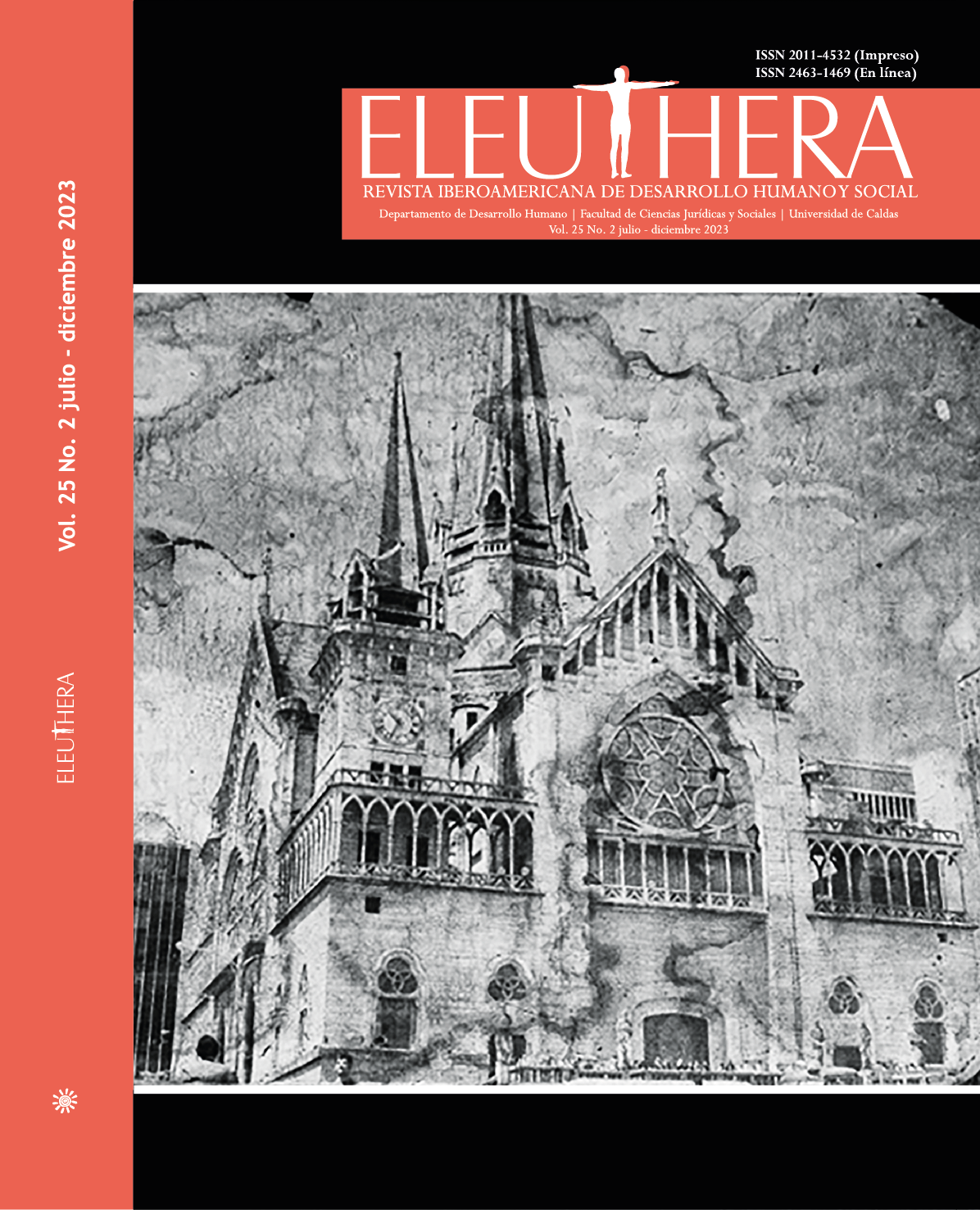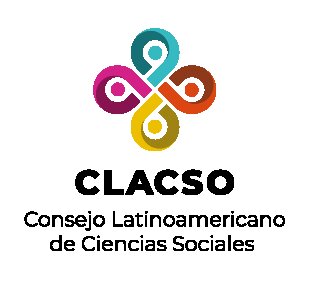Authors
Abstract
The aim of this article is to make a biopolitical reading of three Costa Rican films centered on the theme of pregnancy: Gestation by Esteban Ramírez (2009), Aurora by Paz Fábrega (2021) and Medea by Alexandra Latishev (2017). At the methodological level, the text does not exhaust itself in a relationship between biopolitical literature and language with these three audiovisual fictions, but seeks to see in them a background against which to interpret the biopolitical operations that culture operates on gestating bodies. As a result of this interpretative effort, the article shows the way in which in the three films pregnancy appears inscribed within biopolitical scenarios, but also the way in which the three fictions position themselves narratively in relation to these scenarios, either by agreeing with the norms that biopower sets in motion to regulate women's sexuality or by defying these norms.
Keywords:
References
Ariès, P. (1986). La infancia. Revista de Educación, (281), 5-17.
Cortés, M. L. (2005). La pantalla rota: cien años de cine en Centroamérica. Taurus.
Cortés, M. L. (2016). Fabulaciones del nuevo cine costarricense. Uruk.
Deutscher, P. (2019). Crítica de la razón reproductiva. Los futuros de Foucault. Eterna Cadencia.
Edelman, L. (2004). No al futuro. Egales.
Esposito, R. (2008). Comunidad, inmunidad y biopolítica. Herder.
Fábrega, P. (Directora). (2021). Aurora [Película]. Temporal Films.
Foucault, M. (2005). La voluntad de saber. Siglo XXI.
Foucault, M. (2009). Seguridad, territorio y población. Fondo de Cultura Económica.
Foucault, M. (2010). Defender la sociedad. Fondo de Cultura Económica.
Foucault, M. (2010b). Nacimiento de la medicina social. En M. Foucault, Obras esenciales (pp. 653-671). Paidós.
Irigibel, X. (2021). Mujeres sin nombre. Fragmentos genealógicos de la institucionalización del cuidado en Costa Rica (1849-1937) (tesis doctoral). Universidad de Costa Rica, Costa Rica.
Latishev, A. (Directora). (2017). Medea [Película]. Coproducción Costa Rica-Chile, La Linterna Films, Temporal Films, Grita Medios, Cyan Prods.
Marín, F. (2011). Adolescentes y maternidad en el cine: «Juno», «Precious» y «The Greatest». Comunicar: Revista Científica de Comunicación y Educación, 18(36), 115-122.
Natalio, C. (2015). Cinema, biopolitics and “cinematic operative model”. La Deleuziana, Online Journal of Philosophy, (1), 107-120.
Pedraza, Z. (2014). Cuerpo de mujer: biopolítica de la belleza femenina. En E. Muñiz (coord.), Prácticas corporales: performatividad y género (pp. 80-111). La Cifra.
Preciado, B. (2008). Testo yonqui. Espasa Calpe.
Quesada, C. (2012). Familia y heteronormatividad: acontecimientos históricos y la doctrina sexual de la Iglesia Católica en Costa Rica. Anuario de Estudios Centroamericanos, 38, 305-328.
Ramírez, E. (Director). (2009). Gestación [Película]. Cinetel S.A.
Retana, C. (2019). Tensiones en torno al cuerpo, el género y el deseo en los Programas de estudio de educación para la afectividad y sexualidad integral de Costa Rica, Revista Filosofía UIS, 18(1), 130-150. https://doi.org/10.18273/revfil.v18n1-2019006
Riley, D., Golubov, N. y Olivares, C. (2006). El derecho a estar sola. Debate feminista (34), 3-16.
Soto, D. (2015). En carne propia: religión y biopoder. Arlekín.
Vigarello, G. (2009). Historia de la belleza femenina. El cuerpo y el arte de embellecer desde el Renacimiento hasta nuestros días. Nueva Visión.

 PDF (Español)
PDF (Español)
 FLIP
FLIP
 Perfil Google Scholar
Perfil Google Scholar

























